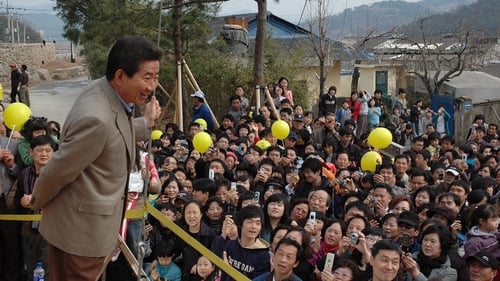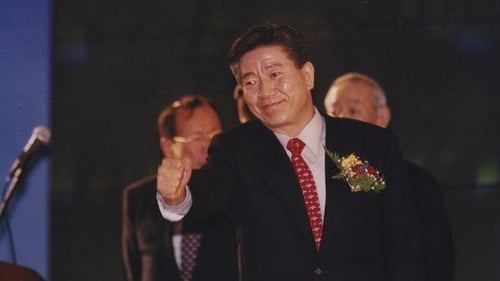Kim Dae-jung
Birth : 1924-01-06, Sinan, South Jeolla, South Korea
Death : 2009-08-18
History
Kim Dae-jung was a South Korean politician and statesman who served as President of South Korea from 1998 to 2003.
Birth : 1924-01-06, Sinan, South Jeolla, South Korea
Death : 2009-08-18





